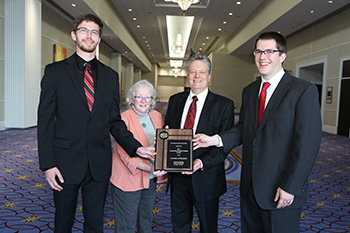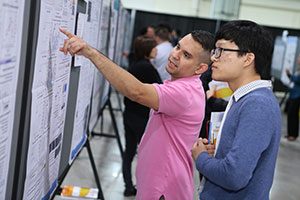 This is the final week of the ECS March Membership Drive! Over the last three weeks, we have shared stories from ECS members and the positive impact it has had on careers, networking, and community.
This is the final week of the ECS March Membership Drive! Over the last three weeks, we have shared stories from ECS members and the positive impact it has had on careers, networking, and community.
To date we have had 62 new members join ECS along with 58 new student members. In addition, we have had 62 members and 17 student members renew their memberships.
Our goal is to have 100 new (non-student) members join ECS during March. We have until March 31 to achieve this goal!
If you are not a member, then take this opportunity to expand your professional network, collaborate on a project, or to serve in a society that treats you as family.
If you are a member, know that you help to connect nonmembers directly to the Society. People join for people – recruit your peers!
Take a minute to share how being part of ECS has affected your life. Share your story.


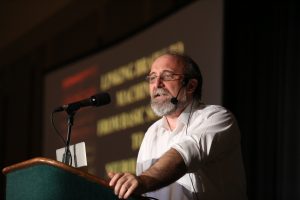
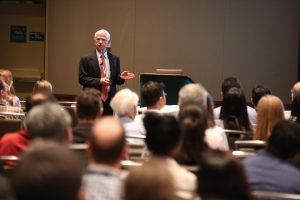
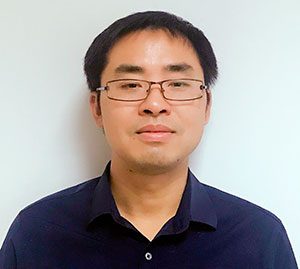
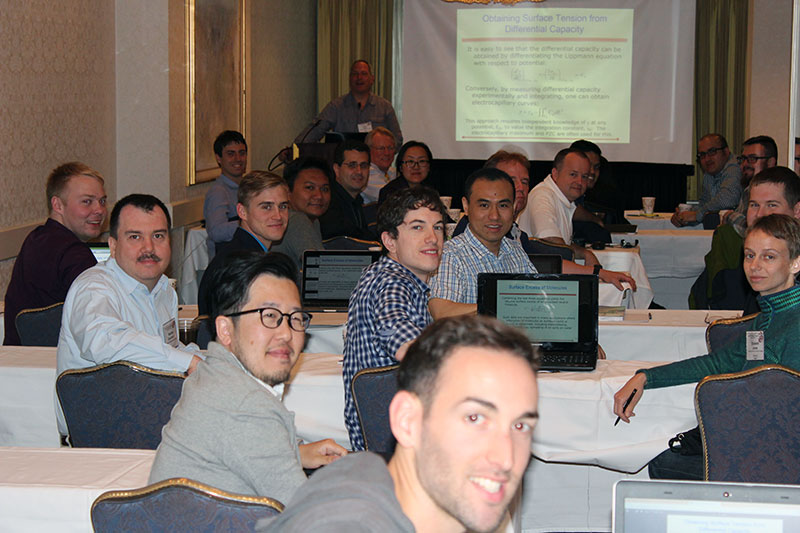
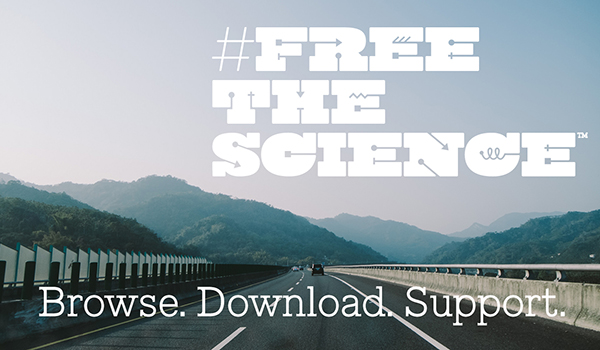
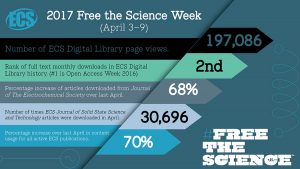
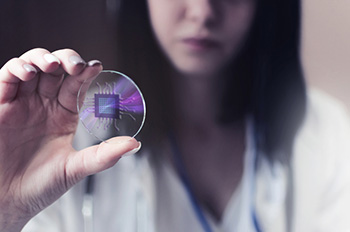 Every year, we celebrate International Women’s Day on March 8 as a way to commemorate the movement for women’s rights. This global holiday honors the social, economic, cultural, political – and in our case – scientific achievements of women.
Every year, we celebrate International Women’s Day on March 8 as a way to commemorate the movement for women’s rights. This global holiday honors the social, economic, cultural, political – and in our case – scientific achievements of women.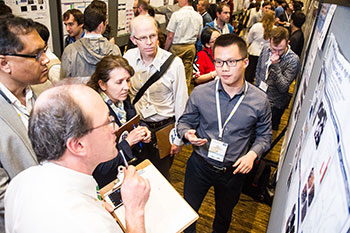 Only one month left to save $125 on registration!
Only one month left to save $125 on registration! The 2018 Society elections are upon us and ECS wants you to learn more about the candidates, from the candidates. All voting members are eligible to participate via electronic proxy.
The 2018 Society elections are upon us and ECS wants you to learn more about the candidates, from the candidates. All voting members are eligible to participate via electronic proxy.